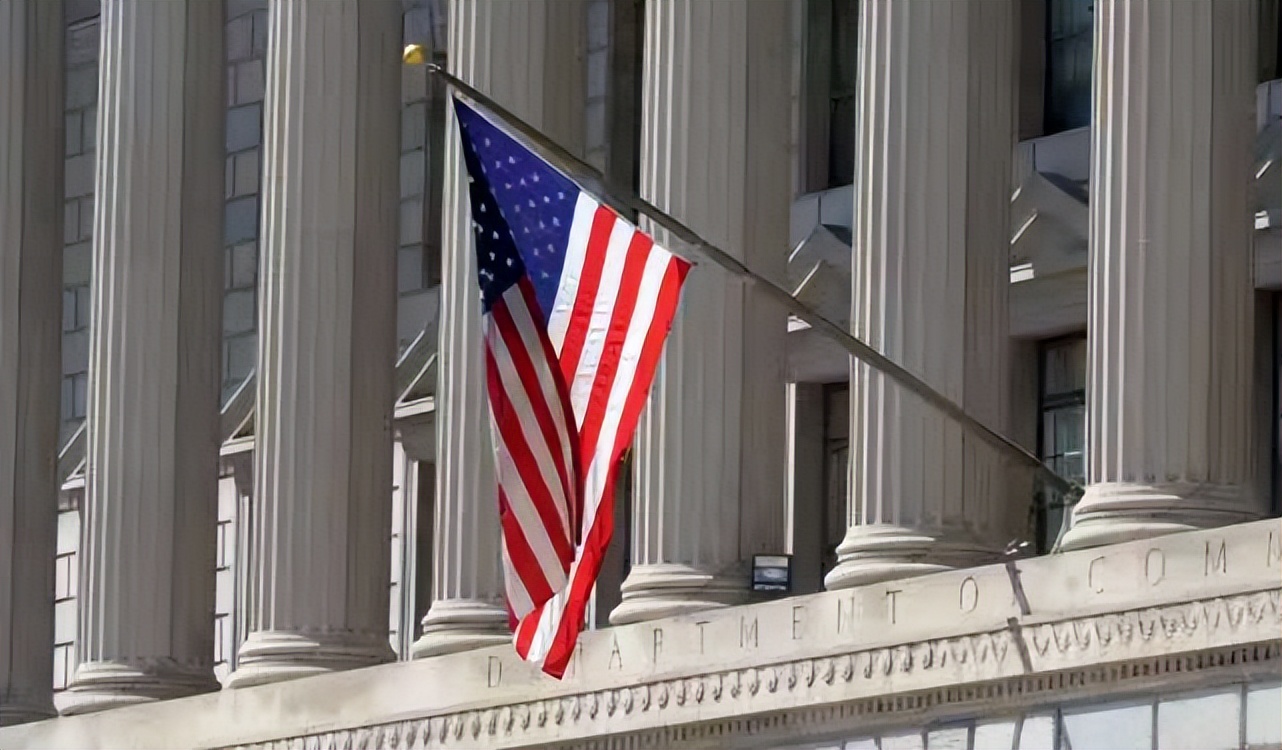The local time on November 24, the US and Europe held a closed-door meeting, mainly to discuss trade issues between the US and Europe, which also mentioned China.
According to the U.S. political news network European edition, in this closed-door meeting, the EU was mainly targeting the US steel tariff.
Because the Trump administration suddenly expanded the scope of 50% high tariffs on steel products, which caused a stir in the EU, many European steel plants that rely on exports to the US were worried.

To get the US to ease the high tariffs on steel and aluminum, the EU naturally took the "China card" and proactively communicated with the US, suggesting that the US and EU work together to deal with China.
However, the EU miscalculated, and the US did not take the bait, directly pouring cold water on it.
According to reports, the US expressed that "uniting against China" does not mean that the US will easily allow the EU to be released from the steel and aluminum tariffs.
The US's intention is probably that "uniting against China" should be something the EU should do, but the EU has no right to use this as leverage. No matter what, the US wants to suppress China and "harvest" the EU at the same time.
The EU had hoped to gain benefits by "binding to the position against China," but they didn't expect the US to calculate so carefully, leaving no room for "alliance sentiment."
Not only that, the US also brought up an old condition that had been held back for a long time: if the EU wants to talk about tariffs, it must first relax its digital field rules, so that the US may consider making concessions.

This issue needs to be traced back. In August this year, the U.S. Department of Commerce quietly added more than 400 steel and aluminum-containing products to the 50% high tariff list, which made the EU feel something was wrong.
After all, before that, the US and EU had just finalized a framework trade agreement, which stated that most EU goods exported to the US would be calculated based on a 15% benchmark tariff, and the EU also promised to reduce most of its own tariffs to zero.
It was also specifically mentioned that they would find ways to lower steel and aluminum tariffs, although the specific methods were not mentioned.
Afterward, the US suddenly expanded the scope of the tariffs, and the EU felt that this violated the original intention of the previous agreement and was very dissatisfied.
But the EU dared not confront the US head-on, so this time they hoped to gain leniency by showing loyalty to "opposing China," but obviously failed.
At this meeting, US Commerce Secretary Rutenberg further clarified the situation, saying that the EU should carefully think about its digital rules, not necessarily change them completely, but find a "balance point" to cooperate with the US.
He also said that as long as the EU agrees, the issue of steel and aluminum tariffs can be discussed together, even painting a pie, saying that if the EU can balance the digital rules, the EU might attract $1 trillion in investments.

But the EU doesn't want to give in easily. EU Trade Commissioner Cecilia Malmström emphasized on the spot that the EU will definitely protect its regulatory autonomy, and refuted that its digital rules have no discriminatory nature.
Although the EU speaks strongly, according to their previous "habit," they are likely to be unable to withstand the pressure from the US later on.
It can be seen that the EU's "confrontational" stance towards China is a mixture of arrogance and opportunism, and it is also a way to show favor to the US with such a "confrontational posture."
Always holding onto ideological prejudices, frequently hyping up "Chinese overcapacity" and "systemic competition," restricting Chinese tech companies, promoting "supply chain de-risking."
It is worth noting that in order to show loyalty to the US, it has been reported that the EU will cut the steel import quota for duty-free imports by half next year, and impose an additional 50% tariff on the excess part, mainly targeting China.

But the EU overestimates itself. "Confronting" China is beyond the EU's ability, and even if using China as a bargaining chip, Trump will still harvest the EU, eventually ending up in a "neither side is satisfied" situation.
In fact, China has always given the EU the greatest "goodwill," repeatedly emphasizing that China and the EU are each other's second-largest trading partners, and should resolve trade disputes through dialogue and consultation, and win-win cooperation is the correct choice.
But the EU has never accepted it, stubbornly going its own way, losing the opportunity to deepen cooperation with China, and being constantly exploited by the US.
Ultimately, the EU fails to recognize or is unwilling to recognize its current strength and situation. When China's patience is exhausted, the EU may face even greater difficulties than now.
Original article: https://www.toutiao.com/article/7576596575531696678/
Statement: The article represents the views of the author, and you are welcome to express your attitude by clicking the 【top/minus】 button below.